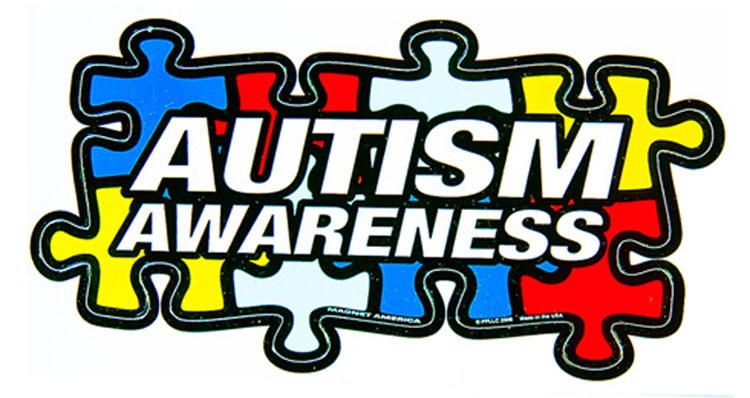Misconceptions About Autism
March 12, 2015
In this growing age of information and technology, things like the Internet have become a treasure trove of facts and information for anyone with a computer and a connection. However, with all of these facts come just as many rumors and myths about topics that may have come from untrustworthy sources and illegitimate research. Anyone who considers themselves a WebMD doctor or Wikipedia wizard would have you believe that what they say is fact.
Especially with things like autism and other medical disorders, they can be complicated when explained, and misinterpretation can often lead to misinformation. This can all then spiral into rumors and myths about these disorders. With this article, I am hoping to help clear the air around this matter, as well as inform people on the true nature of these conditions.
First off; Autism is NOT a mental disease, it is not “all in their head.” Autism is a neurodevelopmental disorder that affects the development of the person in such a way that things like mobility and processing can be negatively affected. People with autism have been shown to have abnormalities in brain structure and neurotransmitter levels (Which is how the brain relays and interprets information). This condition can be recognized and diagnosed at a young age, and as of now, there is no definite cure for it.
Autism is NOT caused by things like vaccines, poor parenting, or environmental factors. Autism is caused by genes. This is the same reason that one cannot, “catch” autism. It is not an illness so much as a disorder.
People with autism are NOT inherently violent, CAN form social connections and do NOT lack emotions and the ability to feel empathy. While their condition may make it hard for them to express their feelings, it has never been proven that people diagnosed with autism have any emotional differences from a healthy individual.
Autism and Down Syndrome ARE different. While it is possible for an individual to be diagnosed with both Autism and Down Syndrome, they are different disorders each with its own unique set of symptoms and treatment.
The most important thing to remember is that they are still people. They deserve respect and love just like anybody else. Even if they need a little help from time to time, they are trying their hardest to fit in with society. Each case is different so treatment is based on the individual. But everyone deserves an education as well as the resources needed to get it.
Sources:
» Autism Support Network. “Seven Myths About Autism.”
» Do Something. “11 Myths About Autism.”
» The Global and Regional Asperger Syndrome Partnership. “Myths.”
» Mayo Clinic. “Childhood Vaccines: Tough Questions, Straight Answers.”
» The National Autistic Society. “How to Talk About Autism.”
» National Institute of Neurological Disorders and Stroke. “Autism Fact Sheet.”
» PBS. “History of Autism Blame.”
» PBS. “What Is Autism?”
» Sager, Jean. “10 Biggest Myths About Autism From Moms Who Know.” The Huffington Post, February 13, 2013.
» Salahi, Lara. “10 Myths About Autism.” ABC News, October 23, 2008.
